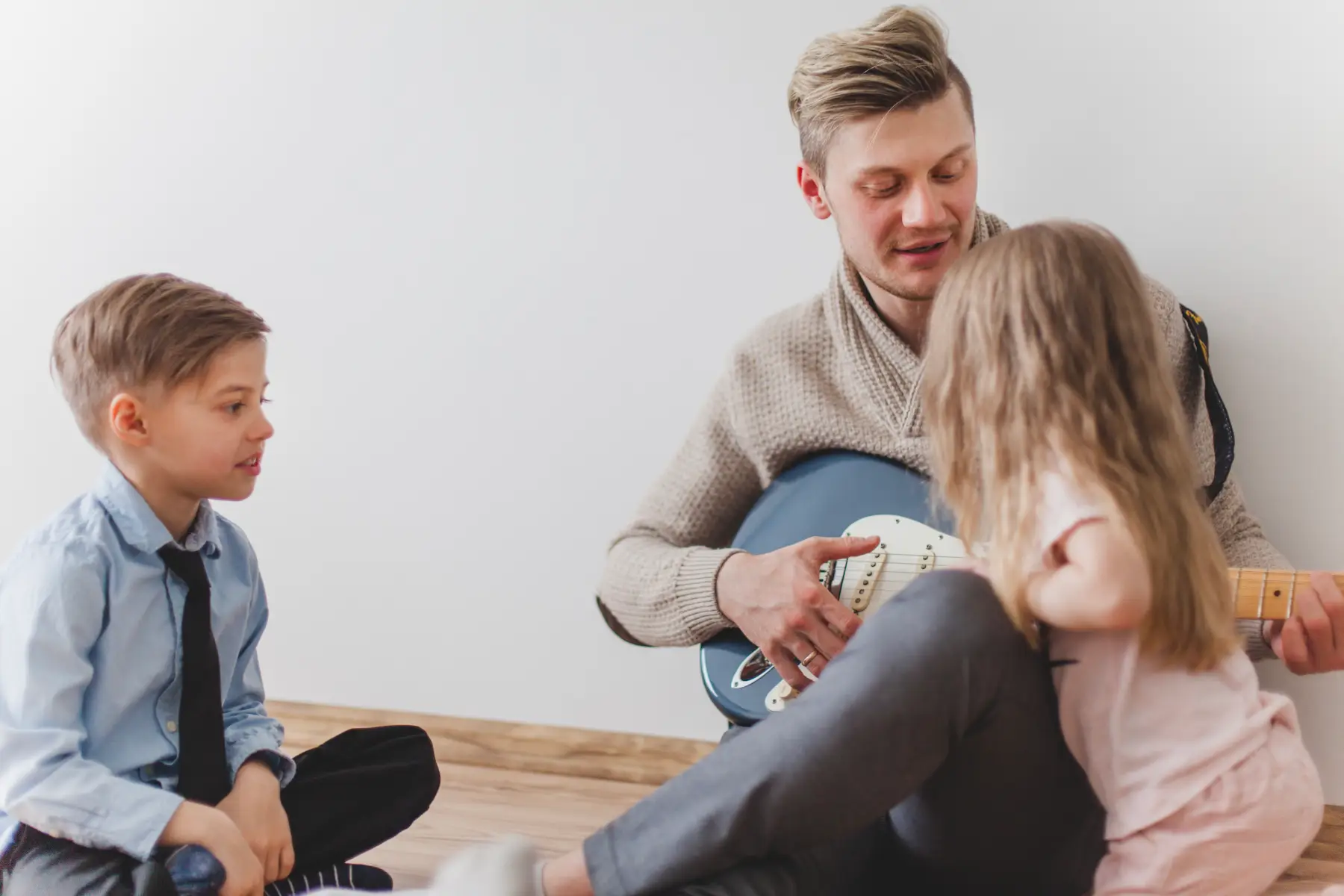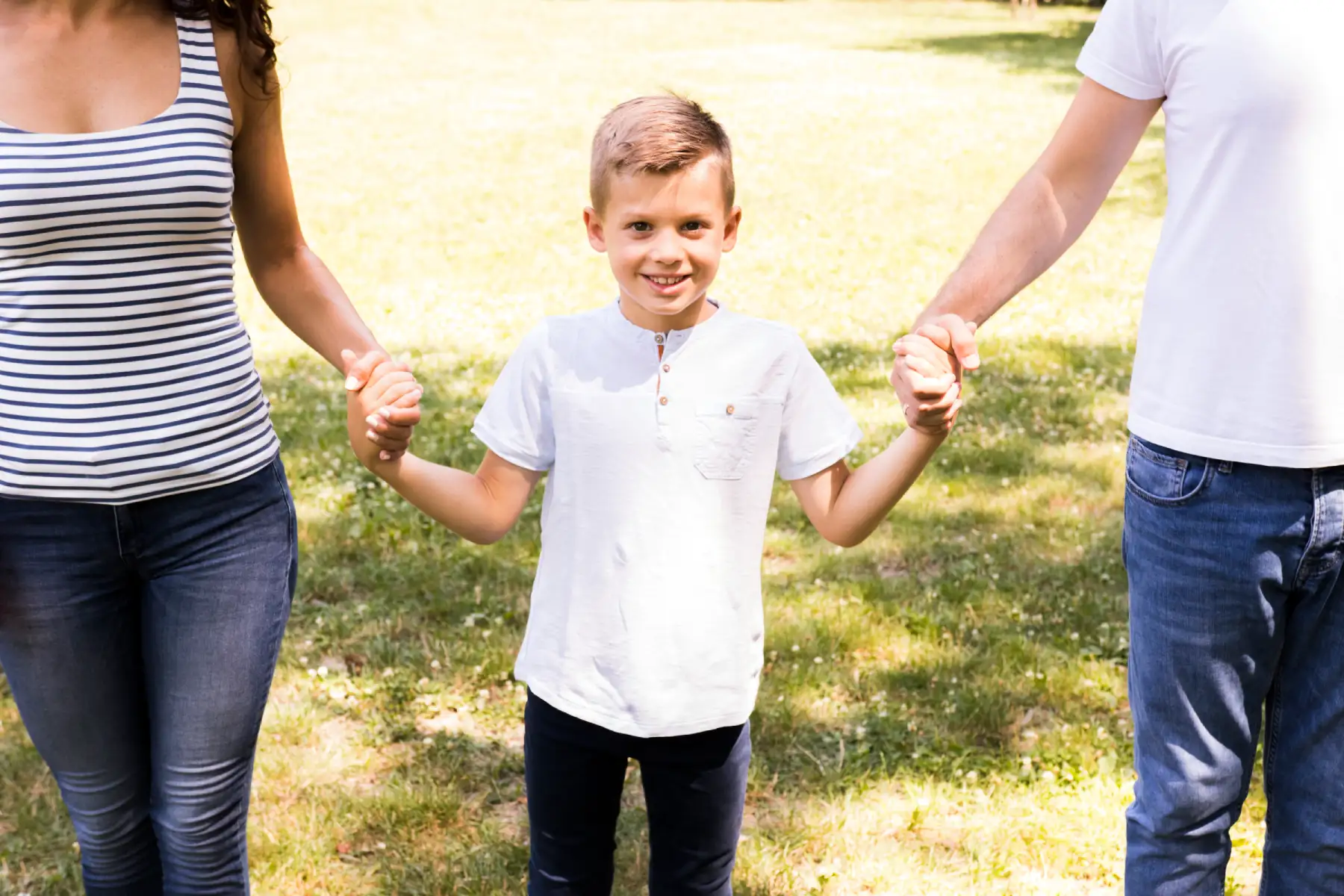Introduction: The Growing Need for Children’s Mental Health Support
In an increasingly complex and fast-paced world, children face unique mental health challenges that require specialised care and attention. Anxiety, depression, behavioural issues, and stress related to academic or interpersonal pressures are becoming alarmingly prevalent among children and adolescents. Consequently, the role of children’s counsellors is more vital than ever in nurturing and safeguarding the mental health of future generations.
Children’s counsellors play a critical role in addressing mental health concerns, building resilience, and providing children with tools to navigate life’s challenges. As a bridge between emotional difficulties and long-term wellness, these professionals bring a unique skill set that combines understanding, empathy, and clinical expertise.
This whitepaper explores the evolution of child counselling, the intersection between counselling practices and child mental health, and the strategies counsellors use to foster emotional development. It also discusses the importance of early intervention and the real-world benefits of counselling for children, families, and society as a whole.
Understanding Child Mental Health
Adolescence and childhood are foundational stages in an individual’s emotional and psychological development. Any disruptions during these stages—whether caused by trauma, environmental stressors, or biological conditions—can have long-term implications on overall mental health.
Key Statistics
- According to the UK-based organisation YoungMinds, 1 in 6 children aged 5-16 are identified with a probable mental health disorder.
- The World Health Organisation (WHO) reports that half of all mental health conditions manifest by age 14.
- School pressures, exposure to social media, and societal challenges like bullying and family instability are the primary drivers of childhood mental health concerns.
This data highlights the urgent need for effective early intervention, which can significantly reduce the likelihood of growing mental health issues in adulthood.
Who Are Children’s Counsellors?
A children’s counsellor is a trained mental health professional who specialises in helping young people manage emotions, behaviours, and challenges. Unlike adult counsellors, children’s counsellors are equipped with child-centric therapeutic tools that cater to the developmental stage and communication styles of children.
Core Skills of a Children’s Counsellor
- Empathy and Active Listening: Creating a trusting environment for children to express their thoughts and feelings.
- Understanding Developmental Psychology: Recognising age-appropriate behaviours and tailoring interventions accordingly.
- Play Therapy Expertise: Using play as a therapeutic medium to help children express emotions when verbal communication is limited.
- Collaboration: Working with parents, schools, and communities to ensure holistic support for the child.
- Confidentiality: Adhering to ethical guidelines while balancing the need to involve key stakeholders in a child’s care.
Children’s counsellors are not just therapists—they are advocates for a child’s mental wellness and resilience.
Why Is Child Counselling Necessary?
Children today face a myriad of challenges, many of which were non-existent in previous generations. Factors such as the rise of social media, changes in family dynamics, academic pressures, and even global crises like COVID-19 have contributed to heightened mental health concerns.
Top Emotional and Psychological Challenges Faced by Children
- Anxiety Disorders: Social anxiety, school anxiety, and generalised anxiety are common in young people.
- Depression: Persistent sadness or loss of interest in once enjoyable activities. Depression in children can often manifest differently than in adults, such as through irritability or anger instead of withdrawal.
- Trauma and Grief: Many children face adverse childhood experiences, such as parental divorce, bereavement, or abuse.
- Behavioural Disorders: Conditions like ADHD (Attention Deficit Hyperactivity Disorder) or defiance-related behaviour.
- Bullying and Social Isolation: Both on and offline bullying can severely affect a child’s self-esteem and mental health.
Without timely intervention, these issues can carry into adulthood, eventually affecting academic performance, relationships, and overall life satisfaction.
Methods Used in Child Counselling: How Counsellors Help Children Heal and Grow
Children’s counsellors employ diverse, child-friendly techniques and frameworks to help young clients express themselves and tackle their challenges. Since children may lack the ability to verbalise their emotions, counselling strategies often focus on indirect communication and creative activities.
1. Play Therapy
Play therapy uses play as a medium for understanding and addressing children’s emotional and behavioural difficulties.
Benefits of Play Therapy:
- Enables children to process difficult emotions like anger or fear in a safe space.
- Encourages self-expression through toys, games, or creative arts.
- Helps counsellors interpret subconscious feelings based on the child’s choice of play or storytelling.
2. Cognitive Behavioural Therapy (CBT) for Kids
CBT—one of the most widely used therapeutic approaches—helps children identify negative thought patterns and replace them with healthier, positive thinking.
Examples of CBT Applications:
- A child with anxiety learns coping mechanisms such as identifying irrational fears and creating realistic thought alternatives.
- Cognitive exercises such as journaling or mood charts are used to increase self-awareness.
3. Art and Music Therapy
Art and music therapy are particularly effective in helping children process emotions that they may not yet have the vocabulary to articulate.
How It Works:
- Drawing or painting allows children to convey their emotional states non-verbally.
- Music, whether playing an instrument or listening, provides emotional regulation, relaxation, and self-expression.
4. Family Counselling for Systemic Challenges
Many children’s issues are directly tied to their family environment. Family counselling helps address dynamics such as:
- Parent-child conflicts.
- The emotional impact of divorce or loss.
- Supporting children through parental mental health issues.
5. Mindfulness and Relaxation Techniques
Techniques like mindfulness help children learn emotional regulation by staying present in the moment. These techniques are particularly effective for anxiety management and impulse control.
6. Animal-Assisted Therapy
Incorporating animals, such as therapy dogs, into sessions can comfort children, build trust, and create a calming environment for emotional conversations.
The Role of Schools in Supporting Children’s Counsellors
Schools are often where the first signs of emotional or behavioural difficulties appear. Children’s counsellors play a crucial role in educational settings, working closely with teachers and school psychologists to address student needs.
Examples of School-Based Interventions
- Individual Therapy: Providing one-on-one counselling for children struggling with specific issues.
- Group Sessions: Focused workshops on stress management, anti-bullying, or social skills development.
- Teacher Training: Equipping educators with tools to identify and manage mental health concerns in students.
The Role of Parents in Child Mental Health
Parents and caregivers are often a child’s first and most influential source of mental health support. Children’s counsellors work collaboratively with families to foster an open, supportive home environment.
Steps Parents Can Take to Support Their Child
- Be Observant: Notice any significant changes in behaviour, mood, or social interactions.
- Practice Open Communication: Encourage honest conversations about emotions and stressors.
- Seek Help Early: If issues persist or escalate, consult a children’s counsellor to ensure professional intervention.
The Benefits of Early Intervention in Mental Health
Early intervention is one of the cornerstones of child counselling. Addressing mental health concerns at their outset improves outcomes and reduces the potential for long-term psychological issues.
Real-World Impacts of Early Mental Health Support
- Improved Academic Performance: Mentally healthy children are better equipped to focus and excel in their studies.
- Strengthened Relationships: Counselling teaches social skills and coping mechanisms that improve peer and family interactions.
- Reduced Risk of Future Disorders: Tackling mental health challenges early reduces the likelihood of adult anxiety, depression, and interpersonal difficulties.
Case Studies: The Power of Child Counselling
1. Emma’s Journey with Anxiety
Emma, a 10-year-old, experienced severe anxiety about speaking in class. Sessions with a children’s counsellor revealed that bullying earlier in life had left her fearful of judgement. Through CBT and role-playing techniques, Emma gradually regained her confidence, participating in class discussions by the end of the term.
2. Tommy and Trauma Recovery
At 8 years old, Tommy struggled with anger outbursts following his parents’ divorce. A children’s counsellor incorporated play therapy and family discussions into the treatment plan. Over time, Tommy learned to identify his emotions, reduce anger, and build a stronger relationship with both parents.
The Future of Child Counselling: Innovations in Care
Child counselling is continually evolving to meet the diverse needs of contemporary children.
Emerging Trends in Child Counselling
- Digital Therapy Platforms: Online counselling brings mental health support to children in remote or underserved areas.
- Cultural Sensitivity in Practice: Incorporating diverse cultural attitudes toward emotions and mental health into therapy.
- Group Therapy Models: Professional collaboration within schools, communities, and family networks.
Conclusion: Nurturing the Next Generation
Children’s counsellors hold the key to ensuring emotional wellbeing is a priority in the crucial early years of development. By identifying challenges early and fostering resilience, these professionals support children in becoming healthy, confident, and adaptable adults.
Parents, caregivers, and educators must embrace the value of child mental health services and actively seek solutions for the wellbeing of young people. With the right support, intervention, and collaborative effort, the next generation can grow into their full potential.
Call to Action
If you notice a child struggling emotionally or behaviourally, don’t hesitate to seek help from a professional children’s counsellor. Together, we can nurture healthier, happier young minds and ensure a brighter future.










